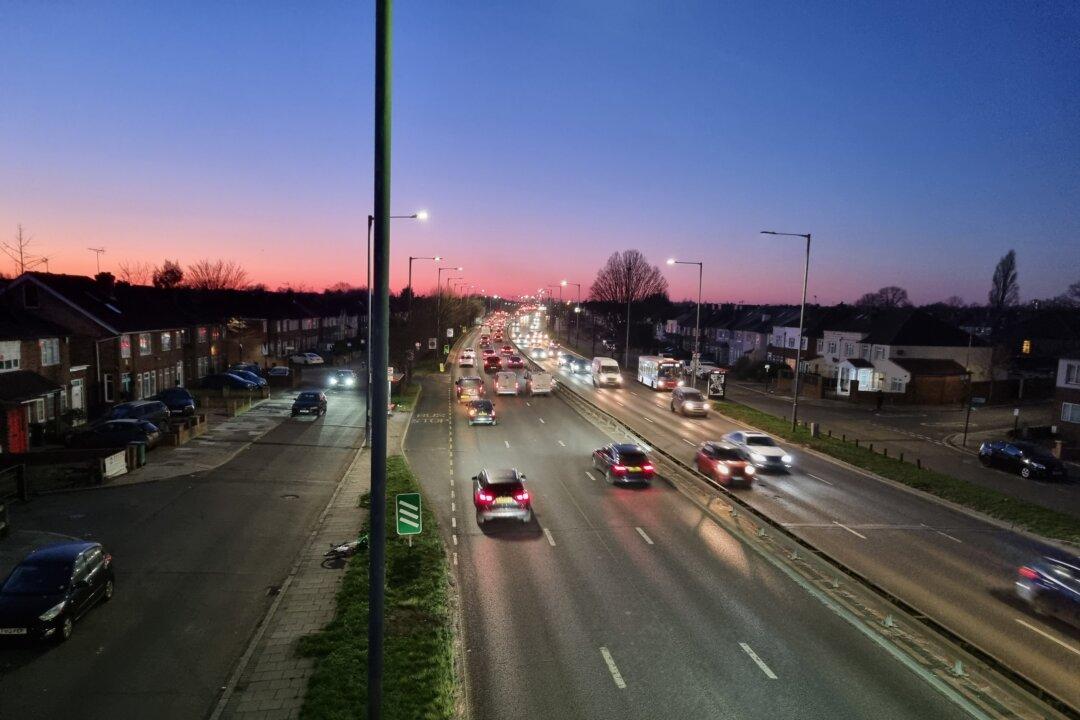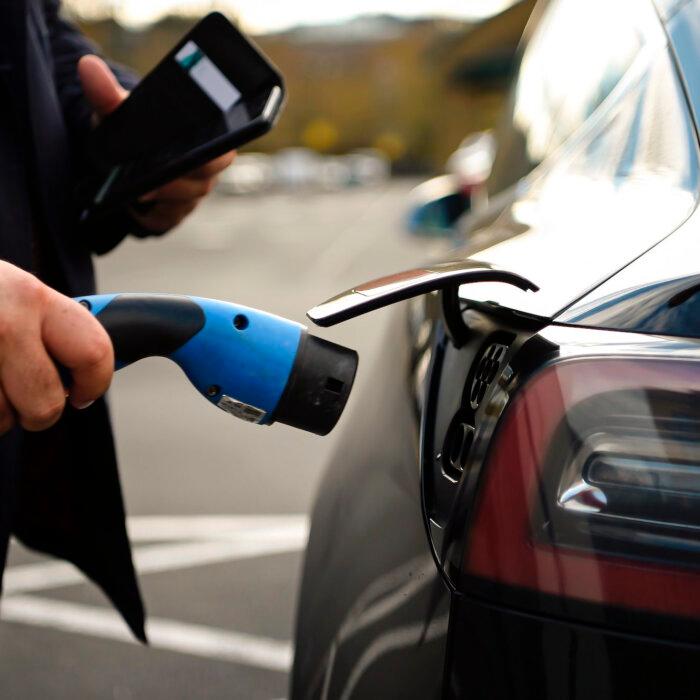A company that was set up to manufacture electric vans in Britain and was praised by former Prime Minister Boris Johnson in 2021 has put its UK operations into administration.
Arrival was founded in 2015 by Russian billionaire Denis Sverdlov and created a UK hub in Banbury, Oxfordshire, but it has struggled to get its designs turned into vans and last year it transferred its business to Charlotte, North Carolina.
It employs 172 people in the UK and more than 200 in the United States.
The company said, “All of Arrival’s other subsidiaries will continue their activities as usual outside of the administration process.”
“The administrators are now exploring options for the sale of the business and assets of the companies, including the electric vehicle platform, software, intellectual property and R&D assets, for the benefit of creditors,” it added.
EY-Parthenon put out a statement saying, “The group’s liquidity position has been impacted by a challenging market and macroeconomic conditions resulting in delays getting the group’s products to market.”
Johnson Hailed It on ‘Green Dozen’ List
In 2021 Mr. Johnson listed Arrival on his “green dozen” sustainable British start-ups and the company described its inclusion on the list as “an honour.”That same year it was launched on the Nasdaq stock exchange in New York and was valued at one point at $13 billion (£9 billion), the biggest initial stock market listing for a UK technology company.
Arrival—which Korean manufacturer Hyundai has invested heavily in—received an order from UPS for 10,000 electric vans in the United States but struggled to get its designs into production.
In November 2022 a fire broke out at its Banbury factory just as one of its new models was being demonstrated.
The company’s shares fell to 15 cents in New York last month and last week the Nasdaq notified Arrival they would suspend trading in its shares on Jan. 30.
Jon Yeomans, the deputy business editor at The Sunday Times, wrote on X, formerly known as Twitter that he was “surprised it limped on this long.”
In recent years most of the major van manufacturers have produced electric models, which may have undercut Arrival’s business plan.
Government Accused of Sending ‘Mixed Signals’
Arrival went into administration just as the House of Lords’s Environment and Climate Change Committee published a report accusing the government of sending “mixed signals” on its net zero commitments and failing to back the switch to electric vehicles.When Mr. Johnson was prime minister he made a commitment to stop the sale of new petrol and diesel cars and vans by 2030.
But last year Prime Minister Rishi Sunak pushed that date back to 2035.
In September 2023 the shadow transport secretary, Steve Reed, said, “If we still allow petrol vehicles to be sold at that point we’re not going to hit our net zero targets for the 2030s.”
“That means we’ll miss the net targets for 2050, by which we’re supposed to have a fully carbon-free economy,” he added.







